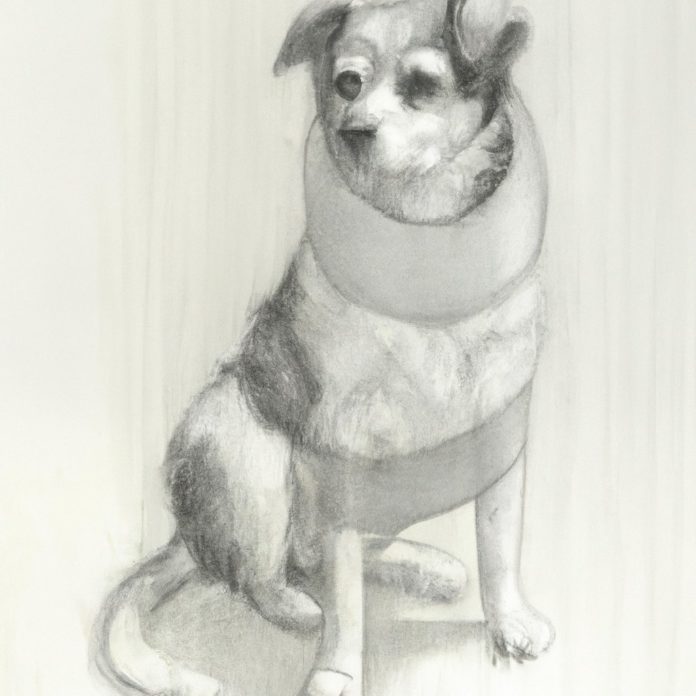Dear VetBabble: What Should I Do About My Pet’s Scab or Wound?
I recently noticed a scab on my pet, and I’m not sure how it happened or what it is. Could it be a healing hot spot or maybe a wound? It’s hard to tell, but it seems to be healing well. What should I do to help ensure my pet stays healthy and recovers quickly?
Thank you for reaching out with your concerns! Our pets’ health is important, and it’s great that you’re being attentive to any changes or potential issues. Let’s dive into three key areas we should keep in mind when it comes to helping our pets with scabs, wounds, and overall skin health.
Identification: Determining the Cause of the Scab or Wound
It can be challenging to pinpoint the cause of a scab or wound on our pets, but it’s crucial to try and figure out what might have led to its development. Common causes can be insect bites, scratches, or even skin infections. Keep an eye on your pet’s behavior and interactions, both with other animals and with objects in their environment, as these can provide helpful clues.
In the case of hot spots, these often occur when a localized skin infection becomes inflamed and itchy, causing the pet to scratch or lick the area excessively. Observing your pet’s grooming habits and checking for any changes in their skin can help determine if this is the cause of the scab or wound.
For further guidance on identifying potential issues, take a look at these helpful articles: Lumps and Bumps: When to Worry, and Skin Problems in Cats: Common Causes and Treatment.
Treatment: Caring for Your Pet’s Scab or Wound at Home
If you feel confident that your pet’s scab or wound is healing well, there are steps you can take at home to support the healing process. First, keep the area clean and dry by gently cleaning it with a mild soap and water, and patting it dry with a clean towel. Avoid using harsh chemicals or rubbing the area, as this can slow down the healing process.
Next, try to prevent your pet from licking or scratching the scab or wound. This is especially important for hot spots, as excessive grooming can exacerbate the problem. Use an E-collar if necessary to deter your pet from bothering the area.
For more information on at-home treatments for scabs and wounds, check out this article: How to Treat your Dog’s Wounds at Home.
When to Seek Professional Help: Signs of Infection or Complications
While many scabs and wounds can be treated at home, it’s crucial to monitor your pet closely for any signs of infection or complications. Some symptoms that may indicate a need for professional help include:
- Swelling or redness around the scab or wound
- Pus or discharge coming from the area
- A strong, unpleasant odor
- Signs of pain, such as whining or limping
- Decreased appetite or lethargy
If you notice any of these signs, or if the scab or wound is not healing as expected, it’s essential to consult with your veterinarian. They can evaluate your pet’s condition, provide appropriate treatment, and advise you on any necessary care. For example, cat owners should be particularly aware of potential bite wounds that can lead to abscesses. If you suspect this may be a concern, this article can provide more detailed information: Cat Bite Abscesses: What They Are and What to Do!
In conclusion, keeping a watchful eye on your pet’s scab or wound is important. Identifying the cause, providing at-home care, and seeking professional help when needed will ensure your pet remains healthy and recovers quickly. Always trust your instincts, and consult with your veterinarian if you have any concerns.









